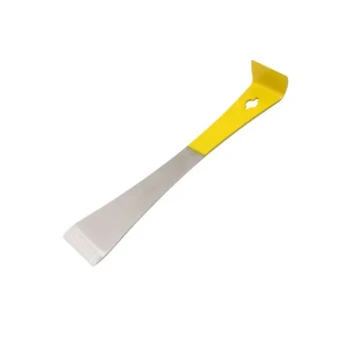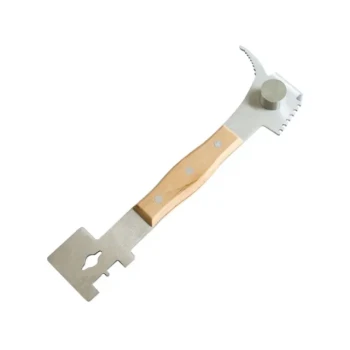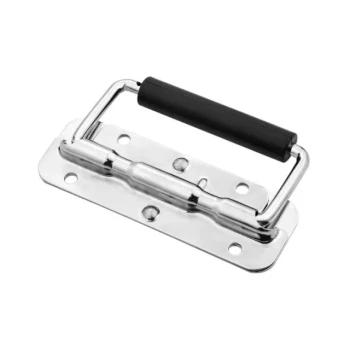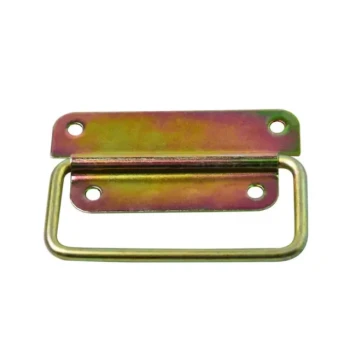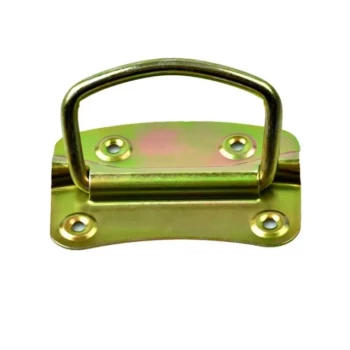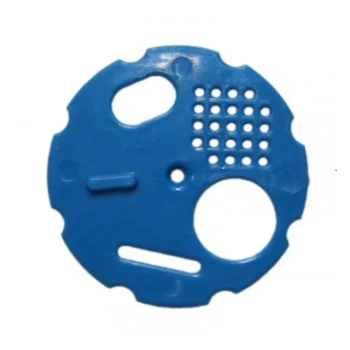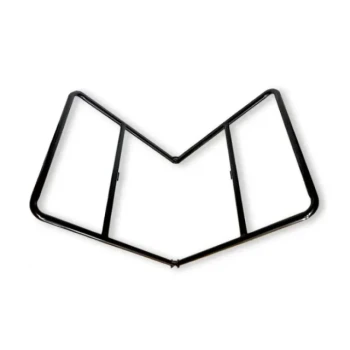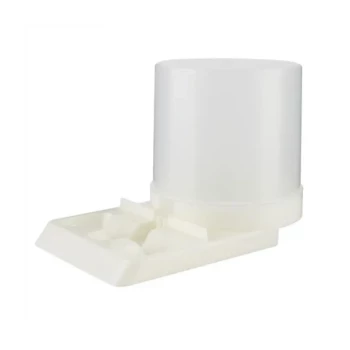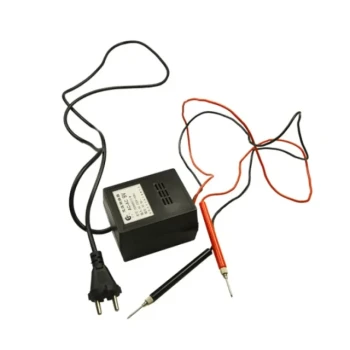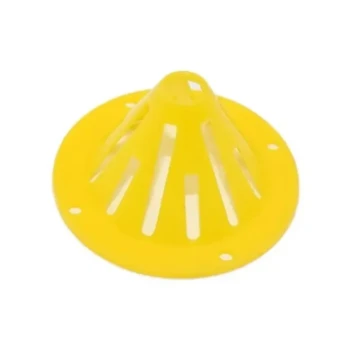In a mild climate, hive insulation is not strictly necessary for colony survival, but it is highly beneficial for promoting year-round health and productivity. While your bees can likely survive without it, insulation provides a crucial buffer against both unexpected cold snaps and summer heat. This stability allows the colony to conserve significant energy, which it can then redirect toward foraging, brood rearing, and honey production.
The true value of hive insulation isn't just about surviving winter; it's about creating a stable internal environment. This stability allows the colony to conserve precious energy in both hot and cold weather, dedicating more resources to growth and honey production.
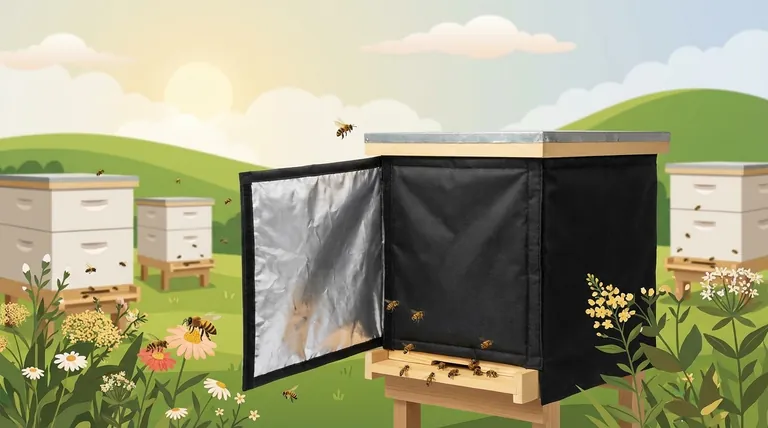
Beyond Winter: The Year-Round Role of Insulation
Many beekeepers associate insulation exclusively with harsh winters. However, its primary function is to moderate temperature swings, a benefit that is valuable in any climate with temperature variations.
Managing Unexpected Cold Snaps
Even mild climates experience occasional, unseasonal drops in temperature. Insulation acts as a protective buffer, trapping the colony's own radiant heat and reducing the energy they must expend to keep the brood warm.
Reducing Summer Heat Stress
Insulation works both ways. In the heat of summer, it helps keep the internal hive temperature from soaring. This is a critical and often overlooked benefit.
Bees must work constantly to cool the hive by fanning their wings. An insulated hive significantly reduces this workload, freeing up those bees for more productive tasks.
The Critical Goal: Energy Conservation
Whether heating or cooling, temperature regulation is one of the most energy-intensive tasks for a colony. Every bit of honey and nectar consumed for this purpose is a resource that cannot be stored or used for raising new bees.
By stabilizing the internal temperature, insulation directly lowers the colony's energy consumption throughout the year.
Improving Humidity Control
A stable temperature makes it easier for the bees to maintain the optimal humidity levels inside the hive. Proper humidity is essential for the health of developing brood and preventing the spread of diseases.
Understanding the Trade-offs
While beneficial, insulation is not a magic bullet. It's important to understand the potential downsides to ensure you are helping, not harming, your colony.
The Risk of Trapped Moisture
The most significant risk of improper insulation is trapped moisture. A colony releases a great deal of water vapor through respiration. If this moist air hits a cold, insulated surface and cannot escape, it will condense, dripping cold water back onto the cluster and chilling the bees.
The Need for Ventilation
To prevent moisture buildup, insulation must be paired with adequate ventilation. An upper entrance or a vented quilt box allows moist air to escape, keeping the hive interior dry and healthy.
Cost and Effort
Applying insulation requires an investment of time and materials. Beekeepers must weigh this against the long-term benefits of a stronger, more productive, and more resilient colony.
The Impact on Colony Productivity
A colony that expends less energy on temperature control is a more productive colony. The benefits compound over time and contribute directly to the hive's success.
More Resources for Foraging
Bees that are not tasked with fanning to cool the hive can join the foraging force. More foragers mean more nectar, more pollen, and ultimately, more honey.
A Stronger Spring Build-Up
A colony that conserves its honey stores through a mild winter will emerge stronger in the spring. This leads to a more rapid population build-up, allowing the colony to take full advantage of the early spring nectar flow.
Better Hive Defense
A less-stressed colony with a larger population is better equipped to defend itself against pests like small hive beetles and other invaders.
Making the Right Choice for Your Goal
Insulating your hive in a mild climate is a strategic decision. Your choice should depend on your specific beekeeping goals.
- If your primary focus is bare-minimum survival: You can likely forego insulation, but you accept the risk that sudden weather changes will stress your colony and slow its growth.
- If your primary focus is maximizing honey production: Insulation is a highly effective tool that pays for itself by allowing bees to dedicate more energy to foraging.
- If your primary focus is promoting overall colony health and resilience: Insulation is one of the best investments you can make to reduce stress on your bees year-round.
Ultimately, providing insulation is a proactive step toward creating a more stable and productive hive, regardless of your climate.
Summary Table:
| Benefit of Insulation | Impact on Colony |
|---|---|
| Temperature Stability | Reduces energy spent on heating/cooling, conserving honey stores. |
| Year-Round Health | Protects against unexpected cold snaps and summer heat stress. |
| Increased Productivity | Frees up bees for foraging and brood rearing, boosting honey yield. |
| Improved Humidity Control | Helps maintain optimal conditions for brood health and disease prevention. |
Ready to build a more resilient and productive apiary?
At HONESTBEE, we supply commercial apiaries and beekeeping equipment distributors with the high-quality insulation and ventilation solutions needed to optimize hive health and maximize honey production. Our wholesale-focused operations ensure you get the durable equipment your business depends on.
Let's discuss how our supplies can help your colonies thrive. Contact our team today for wholesale pricing and expert support.
Visual Guide
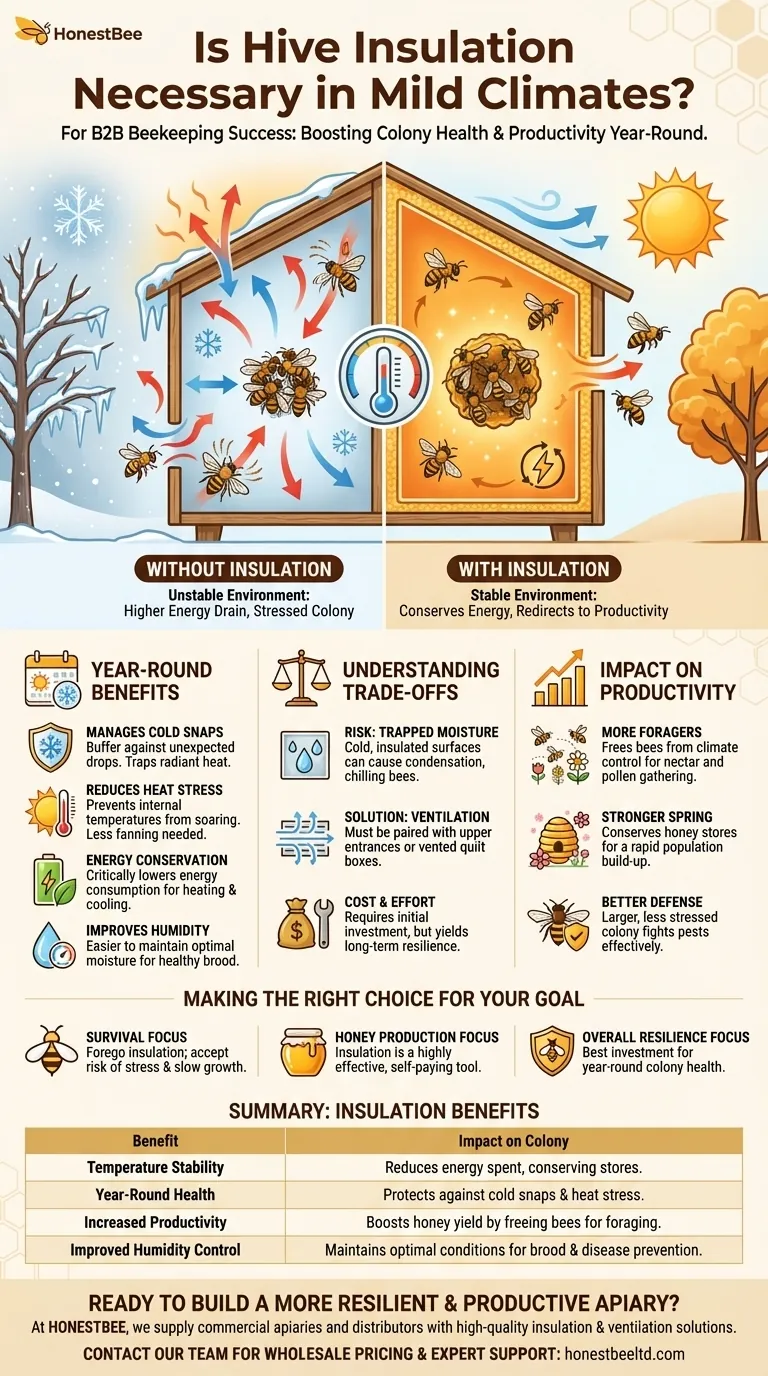
Related Products
- Professional Insulated Winter Hive Wrap for Beekeeping
- Inner Beehive Cover for Beekeeping Bee Hive Inner Cover
- Professional Galvanized Hive Strap with Secure Locking Buckle for Beekeeping
- HONESTBEE Professional Long Handled Hive Tool with Precision Cutting Blade
- Endless Loop Ratchet Hive Strap
People Also Ask
- What key factors should a beekeeper consider before wrapping a beehive? 3 Essentials for Winter Survival
- How do insulation wraps and hive wraps protect bee colonies during winter? Maximize Survival & Honey Reserves
- Why is it critical to keep beehive covers closed during the winter months? Protect Your Colony's Thermal Energy
- How does insulation help bee hives in severely cold weather? Conserve Energy & Ensure Colony Survival
- Why is it important to insulate beehives during winter? Boost Your Colony's Survival Rate





